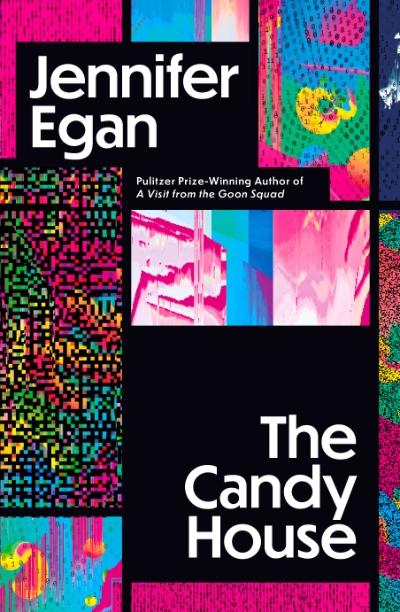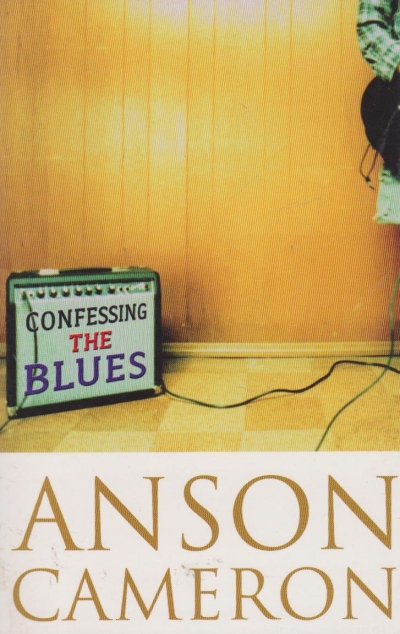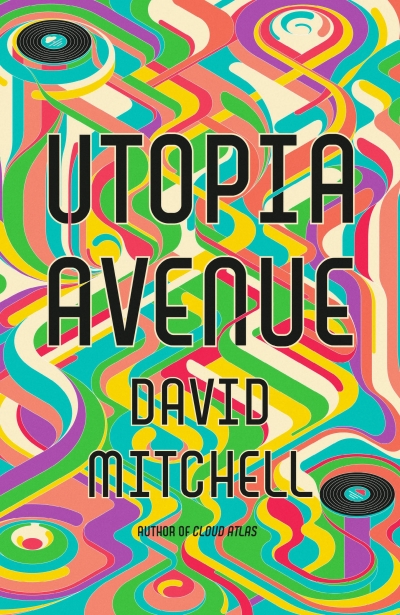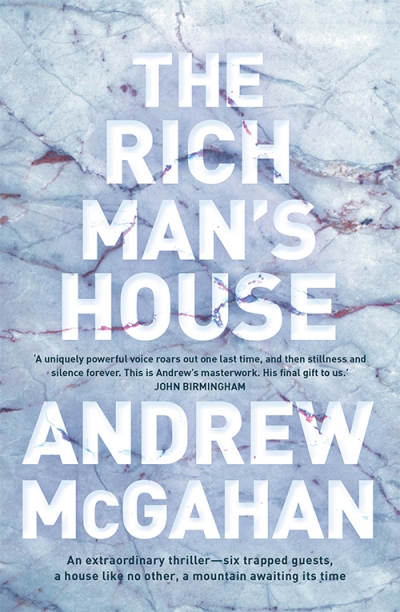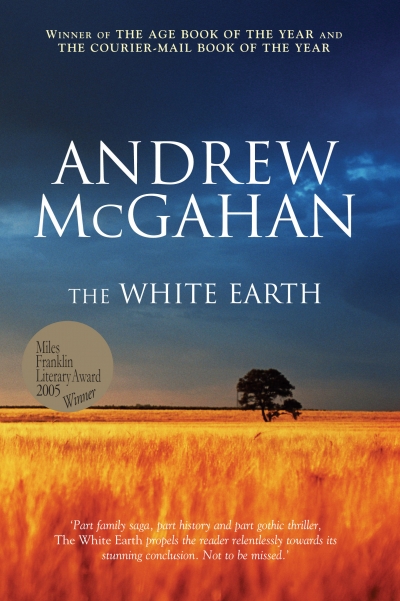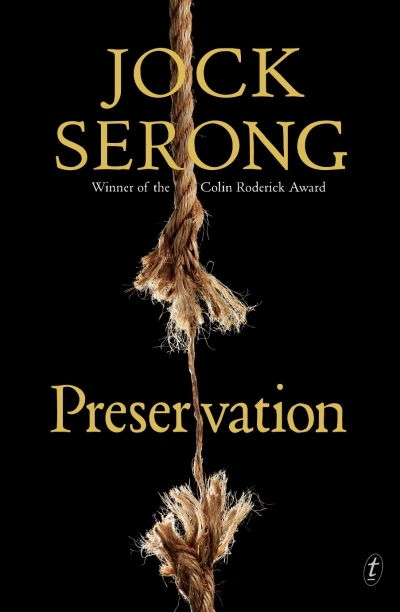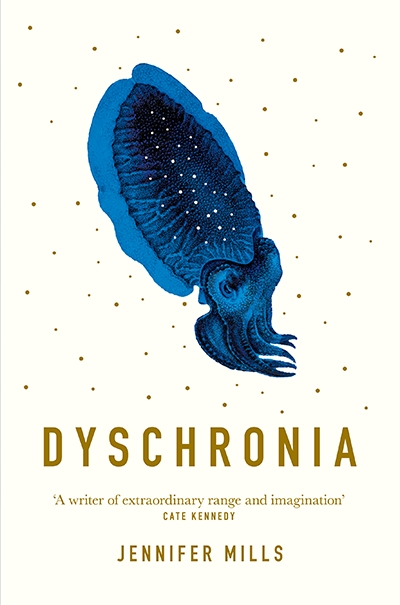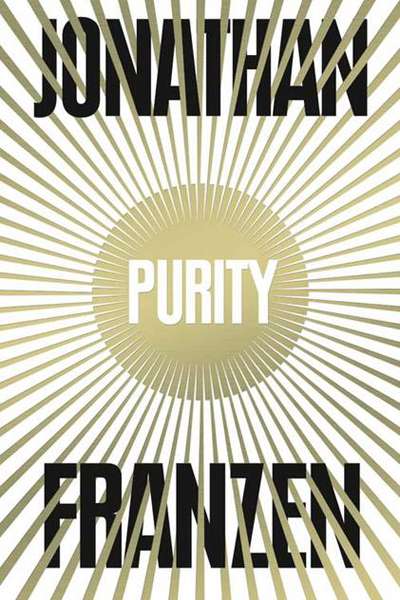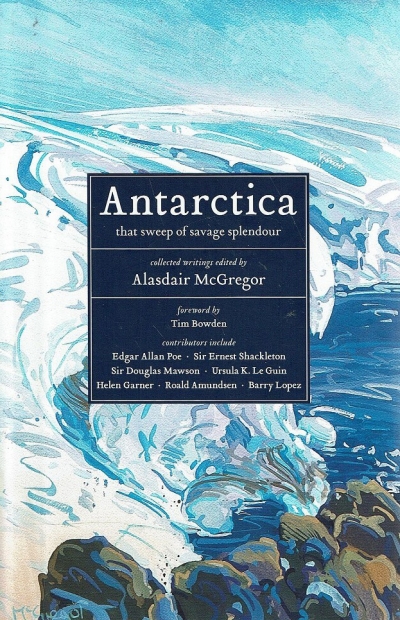James Bradley
James Bradley is a writer and critic. His books include the novels, Wrack, The Deep Field, The Resurrectionist, and Clade; a book of poetry, Paper Nautilus; and The Penguin Book of the Ocean. In 2012 he won the Pascall Award for Australia’s Critic of the Year.
Comedy, Angela Carter once quipped, is tragedy that happens to other people. Laughter is both an expression of our hard-bitten knowledge of the random cruelty of a universe that stubbornly resists our attempts to control it and an act of defiance in the face of that cruelty. Or, to put it in simpler terms, if you didn’t laugh, you’d cry.
With his first two novels, Silences Long Gone and Tin T ... (read more)
With its cast of freaks and hustlers, damaged souls, and self-proclaimed geniuses, the music world seems custom-made for novelists. Yet while some excellent novels catch more than a whiff of that sweaty, drug-fuelled space where the shared exultance of music becomes something transcendent – Roddy Doyle’s The Commitments (1987), Jennifer Egan’s A Visit From the Goon Squad (2010), Dana Spiotta ... (read more)
Andrew McGahan’s final book, The Rich Man’s House, opens with an apology. ‘It’s a finished novel – I wouldn’t be letting it out into the world if it wasn’t – but I can’t deny that my abrupt decline in health has forced the publishers and I to hurry the rewriting and editing process extremely, and that this is not quite the book it would have been had cancer not intervened … for ... (read more)
‘White’ and ‘earth’ are not words that sit easily together in an Australian context, so much so that placing them thus seems almost deliberately unsettling. Juxtaposed, they only serve to remind us of things that are mostly too hard for us to look at directly, a claim to a possession all know to be ill-founded.
... (read more)
On 15 May 1797 a fishing boat passing Wattamolla, in what is now Sydney’s Royal National Park, spotted three men on the beach. Rescued and returned to Sydney, the trio – tea merchant and supercargo William Clarke, sailor John Bennet, and Clarke’s lascar manservant, Srinivas – told an extraordinary story. After their ship, the Sydney Cove, was wrecked on Preservation Island in Bass Strait, ... (read more)
Recent years have seen the literary novel begin to mutate, its boundaries and subject matter evolving in new and sometimes surprising directions as it attempts to accommodate the increasing weirdness of the world we inhabit.
In her own, sometimes subterranean way, Jennifer Mills has been one of the architects of this process in Australian writing. Having begun her career with the beautifully cons ... (read more)
The bleaching event that devastated much of the Great Barrier Reef in recent months made it clear that Earth's ecosystems are in crisis, driven to the brink by rising temperatures, pollution, and habitat loss. While there is a tendency to regard this situation as a product of the past century, the reality is that almost every environment on Earth has been irrevocably altered – or destroyed – b ... (read more)
There was a moment around the time of the release of the final Harry Potter novel when I began to suspect the hype had become a self-fulfilling prophecy. It wasn’t an event because of the book any more, it was an event because everybody knew it was an event.
... (read more)
On 18 January 1773, less than twenty-four hours after first entering Antarctic waters and concerned by the ice gathering around the Resolution, Commander James Cook surveyed the waters. A few hours later he wrote in his journal: ‘From the mast head I could see nothing to the Southward but Ice, in the Whole extent from East to WSW without the least appearance of any partition.’
... (read more)


